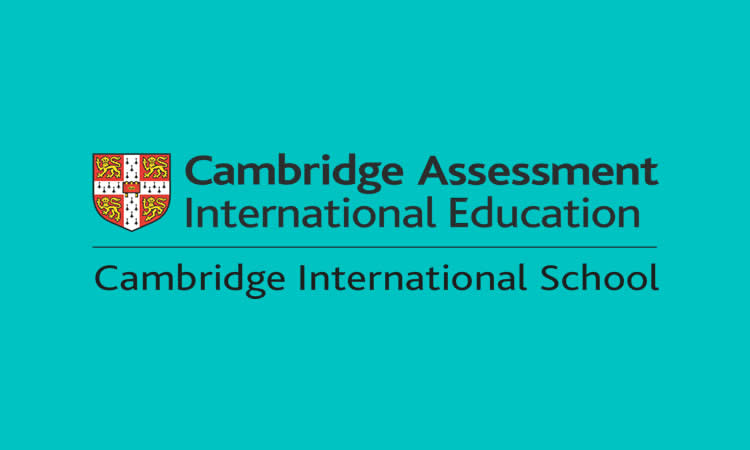
Understanding the Different International Curricula in Malaysia
International schools in Malaysia offer a variety of curricula, each distinct in its approach and focus. Understanding these differences is essential to ensure the chosen curriculum aligns with your child's learning style and academic goals.
1. Cambridge International Curriculum
The Cambridge International Curriculum, offered by Cambridge Assessment International Education, is one of the most widely recognized programs globally. It serves students from primary to pre-university levels, with key stages including Cambridge Primary, Cambridge Lower Secondary, IGCSE, and Cambridge International AS & A Levels.
The IGCSE (International General Certificate of Secondary Education) is particularly popular for students aged 14 to 16, providing a balanced mix of practical and theoretical knowledge across a broad range of subjects. The curriculum is flexible, allowing students to choose subjects that suit their interests and career aspirations.
2. International Baccalaureate (IB)
The International Baccalaureate (IB) is a holistic and rigorous educational program designed to develop inquiring, knowledgeable, and caring young people. The IB is divided into four programs: the Primary Years Programme (PYP) for ages 3-12, the Middle Years Programme (MYP) for ages 11-16, the Diploma Programme (DP) for ages 16-19, and the Career-related Programme (CP) for students aged 16-19 focusing on career-related education.
The IB emphasizes critical thinking, intercultural understanding, and exposure to a variety of viewpoints. The IB Diploma Programme, in particular, is highly regarded by universities worldwide for its rigorous assessment and comprehensive curriculum.
3. American Curriculum
The American curriculum is another popular choice among international schools in Malaysia. It follows a standards-based approach, focusing on a broad liberal arts education that includes subjects such as English, mathematics, science, social studies, and the arts.
The curriculum is designed to be flexible and adaptable to students' individual learning needs. Students typically graduate with a High School Diploma and may take Advanced Placement (AP) courses and exams to earn college credit or advanced placement in universities.
4. Australian Curriculum
The Australian Curriculum, adopted by several international schools in Malaysia, emphasizes a student-centered approach with a strong focus on critical and creative thinking, personal and social capability, ethical understanding, and intercultural understanding.
Students work towards the Australian Senior Secondary Certificate of Education, and they have the option to pursue the International Baccalaureate Diploma Programme in some schools. This curriculum prepares students well for higher education both in Australia and internationally.
5. Other National Curricula Adapted for International Settings
Several other national curricula have been adapted for international schools in Malaysia, including the French, German, and Japanese curricula.
These programs are typically chosen by expatriate families seeking continuity with their home country's educational system. They offer a high standard of education with a strong emphasis on language and cultural studies.
6. Choosing the Right Curriculum for Your Child
Selecting the most suitable curriculum for your child depends on several factors:
- Educational Goals : Consider whether you prefer a curriculum that emphasizes academic rigor, holistic development, or a balance of both.
- Future Plans : Think about where your child might pursue higher education and which curriculum is most widely recognized in that region.
- Learning Style : Match the curriculum to your child's learning style and interests. For instance, the IB's inquiry-based approach might suit curious, independent learners, while the structured, exam-oriented Cambridge curriculum could benefit those who thrive on clear benchmarks.
- Language and Cultural Exposure : Some curricula offer stronger language programs and multicultural experiences, which could be important for your child's personal and social development.
Understanding these diverse curricula can help you make a more informed decision about your child's education, ensuring they receive the best possible start in their academic journey. With the right curriculum, your child can not only excel academically but also develop the skills and confidence needed to thrive in an ever-changing world.

